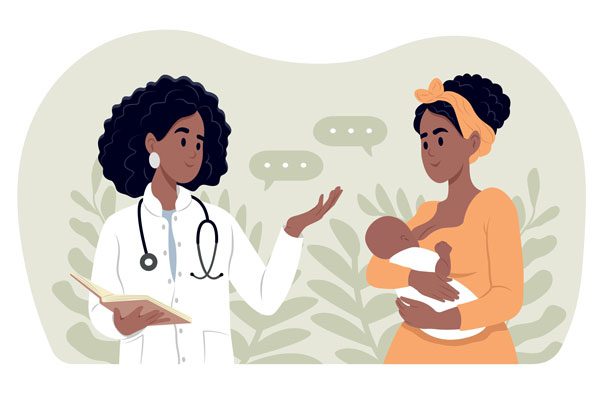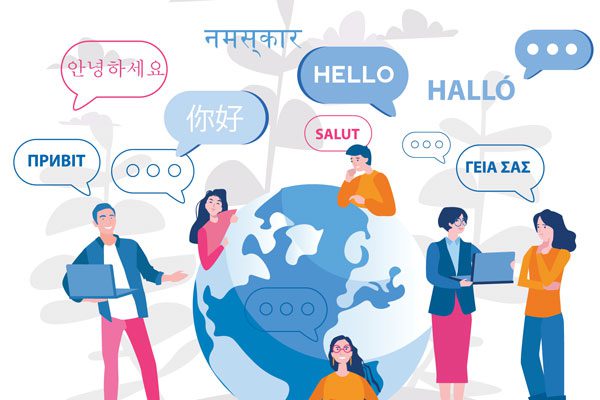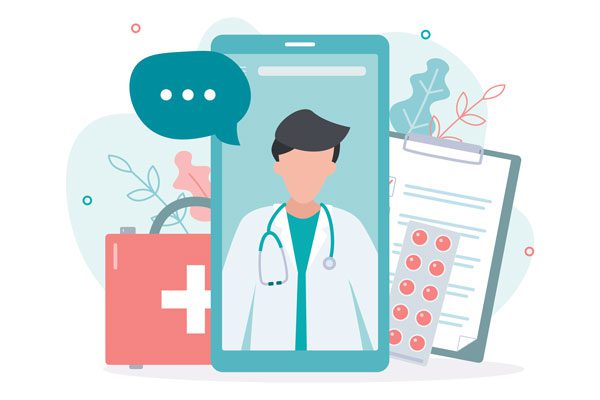Did You Know?
At Metro North Health, we provide FREE interpreter and translation services in various languages including AUSLAN and First Nations with native speakers.
All of our interpreters are professionally trained, please ask our staff for help.
Our interpreter services are available:
If we are unable to arrange an interpreter in person, we can provide one by telephone or video.
Our interpreter services help you talk to our staff and support you in taking part in your care and our services.
How to Ask for an Interpreter?
It’s easy to ask for an interpreter, simply follow these 4 steps:

Step 1
Speak with our staff and ask for an interpreter

Step 2
Tell our staff the language you speak

Step 3
Our staff will arrange an interpreter for you

Step 4
Wait for the interpreter to come and help you
Family and Friends as an Interpreter
You should not use family members, friends or carers to act as your interpreter. However, in some situations, they may need to help you if an interpreter is not available.
If a family member, friend or carer is used as an interpreter, staff must record the reason in your health record.
It is not an easy task to interpret medical treatment and/or health information. This should only be done by professionally trained interpreters.
Professional interpreters help make sure you understand important health information about your care with our services.
Our staff are not interpreters
But they can help you in other ways depending on their role.
Our staff can:
- Help you find your way
- Explain basic care instructions
- Have a friendly chat with you
If you need an interpreter, please ask our staff for help.
